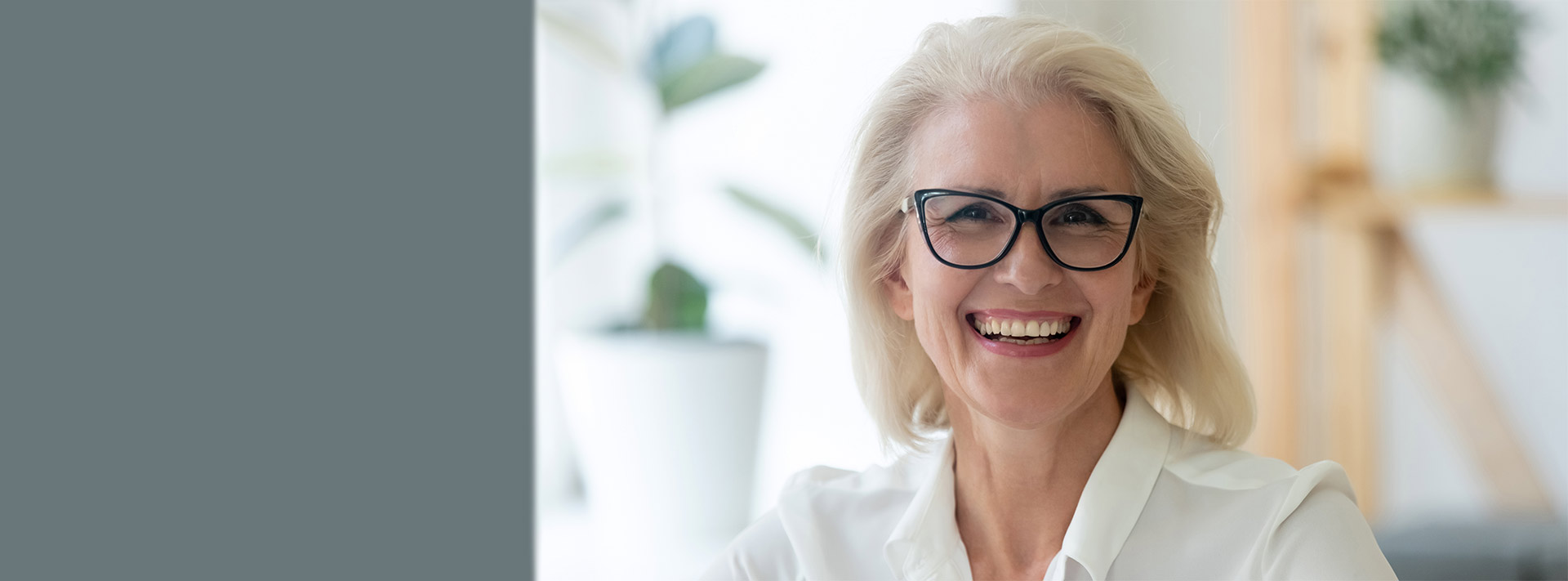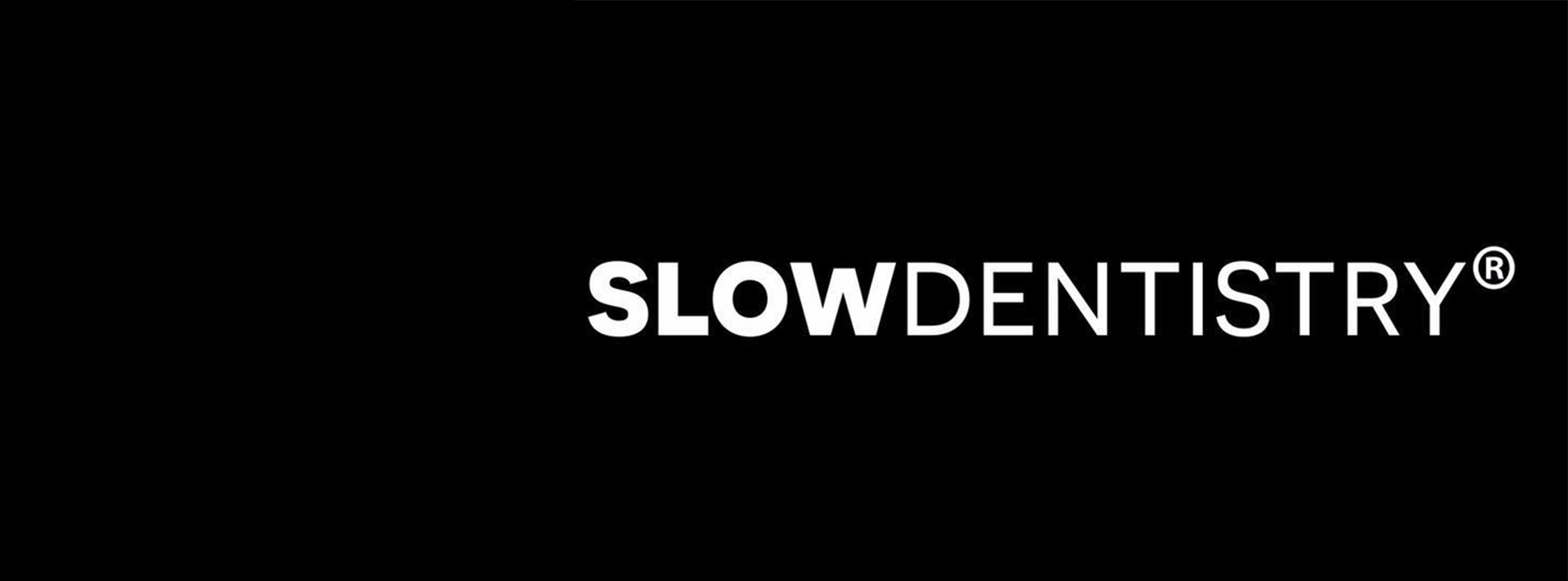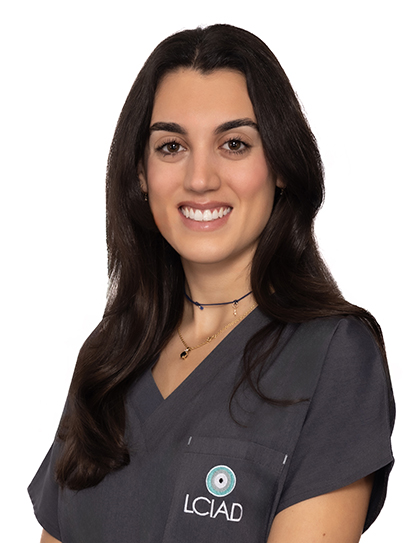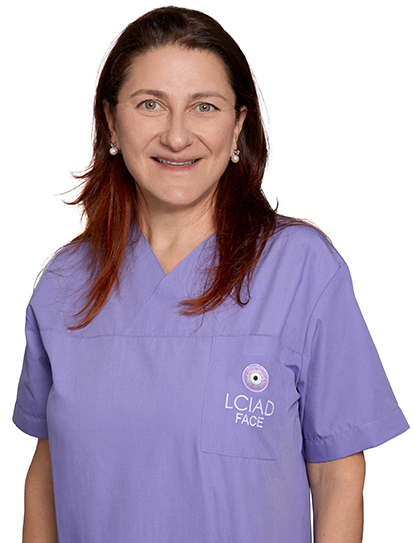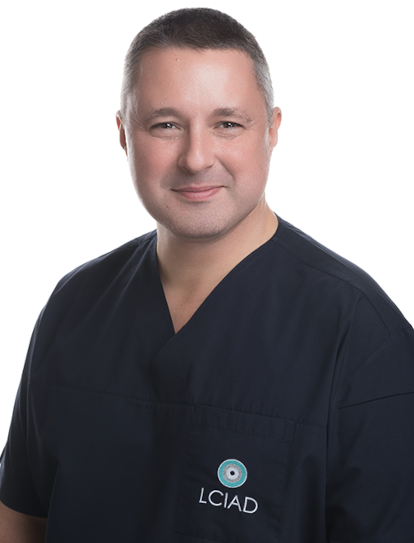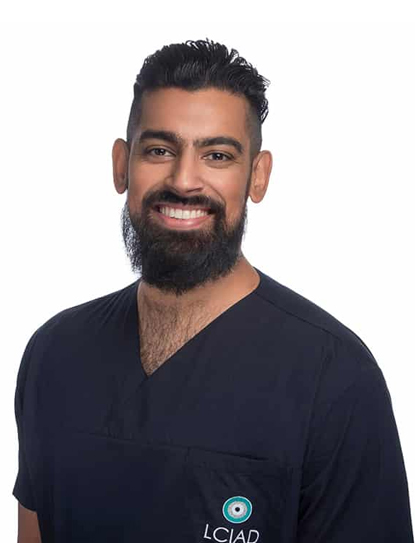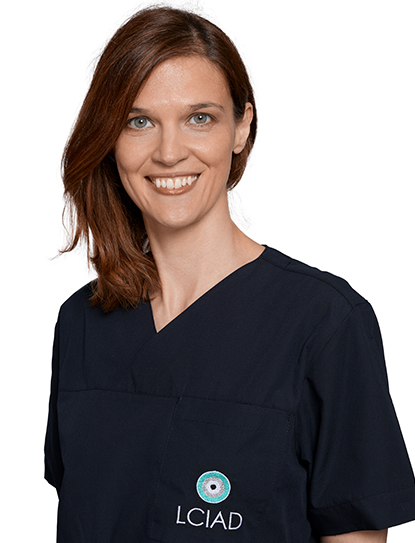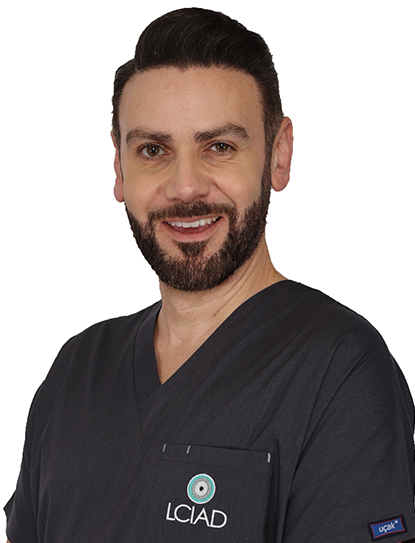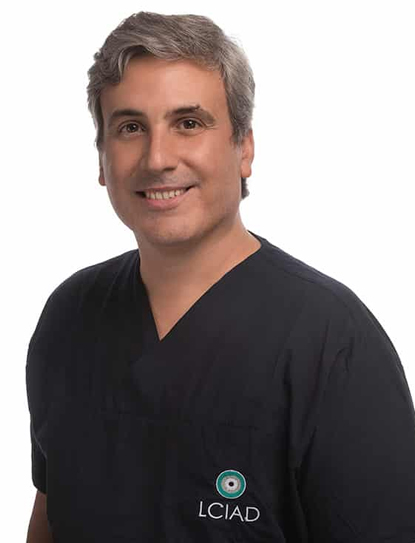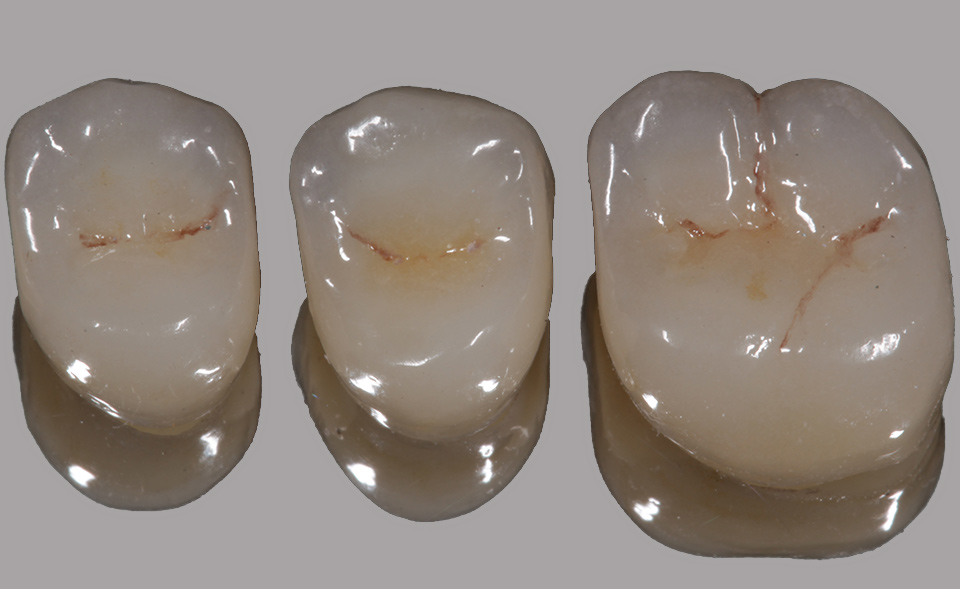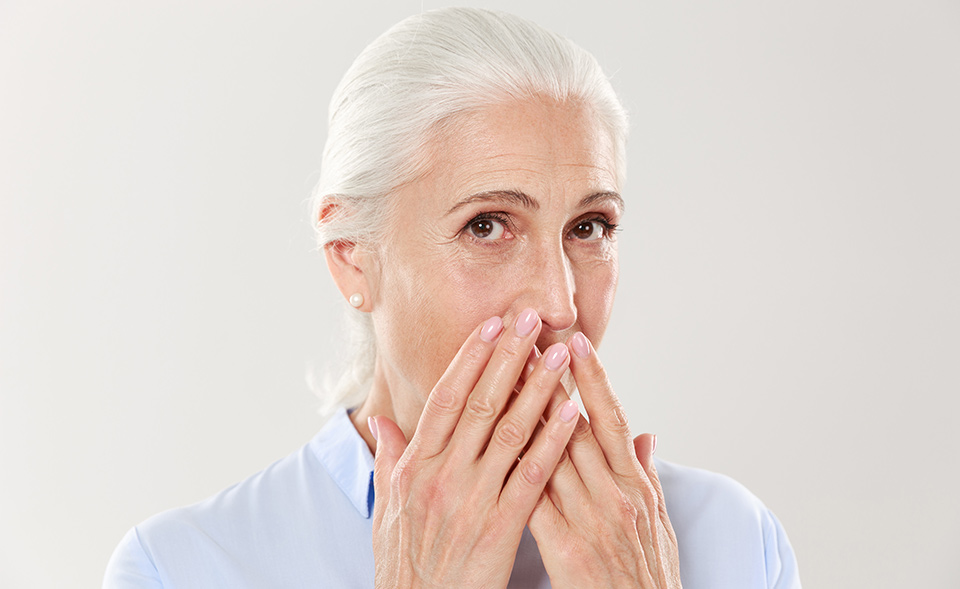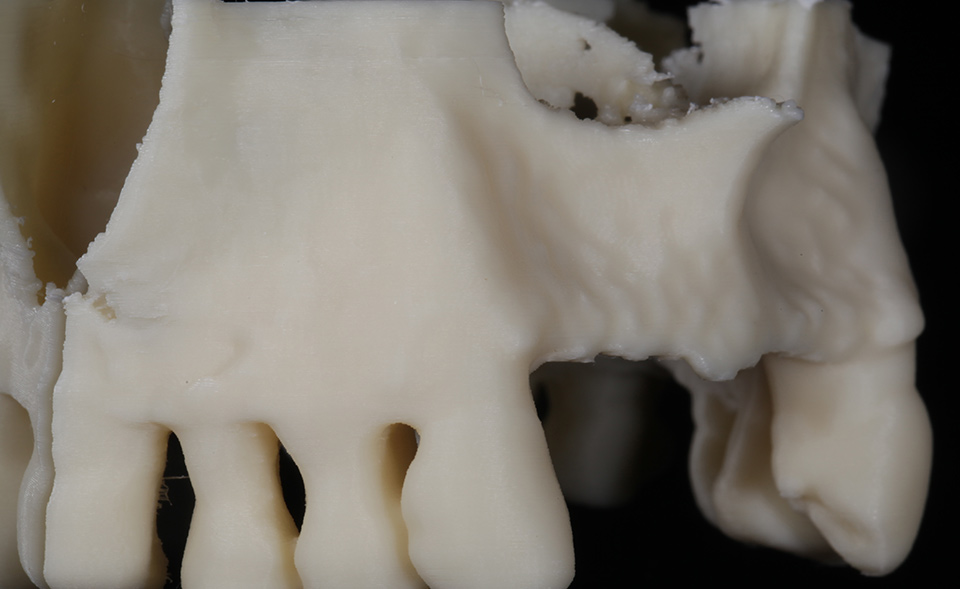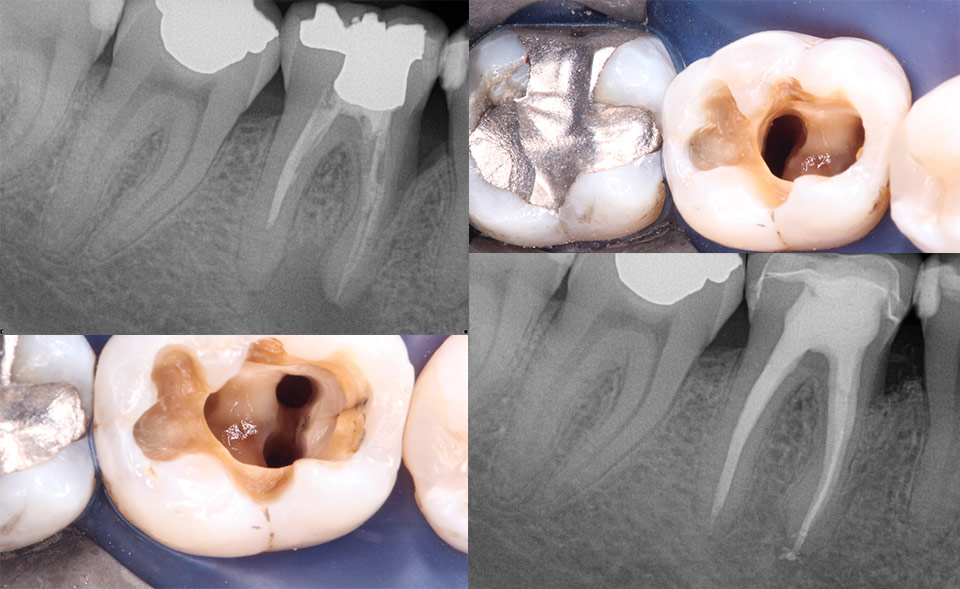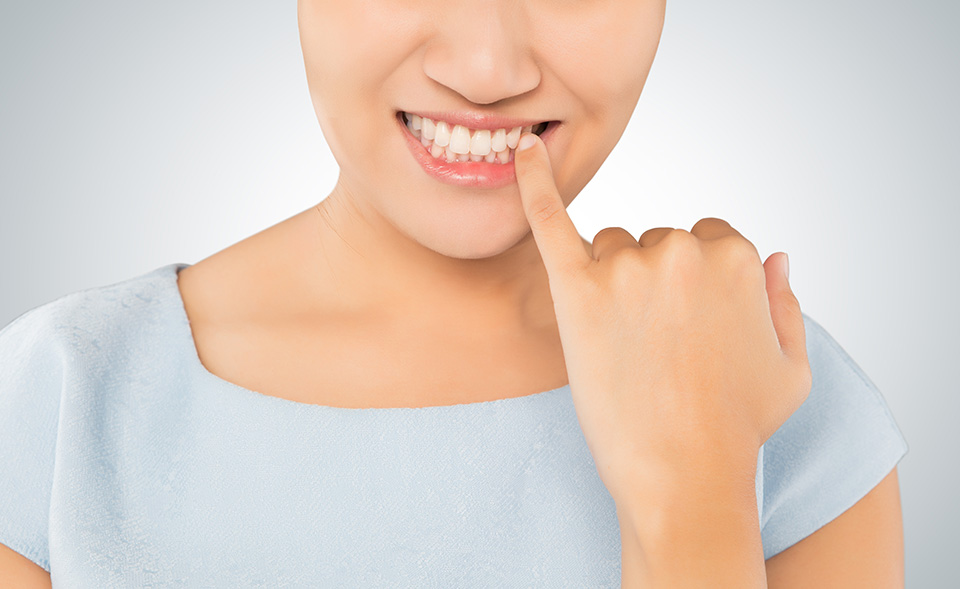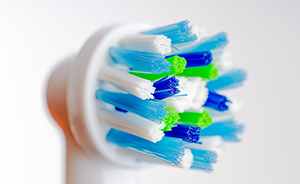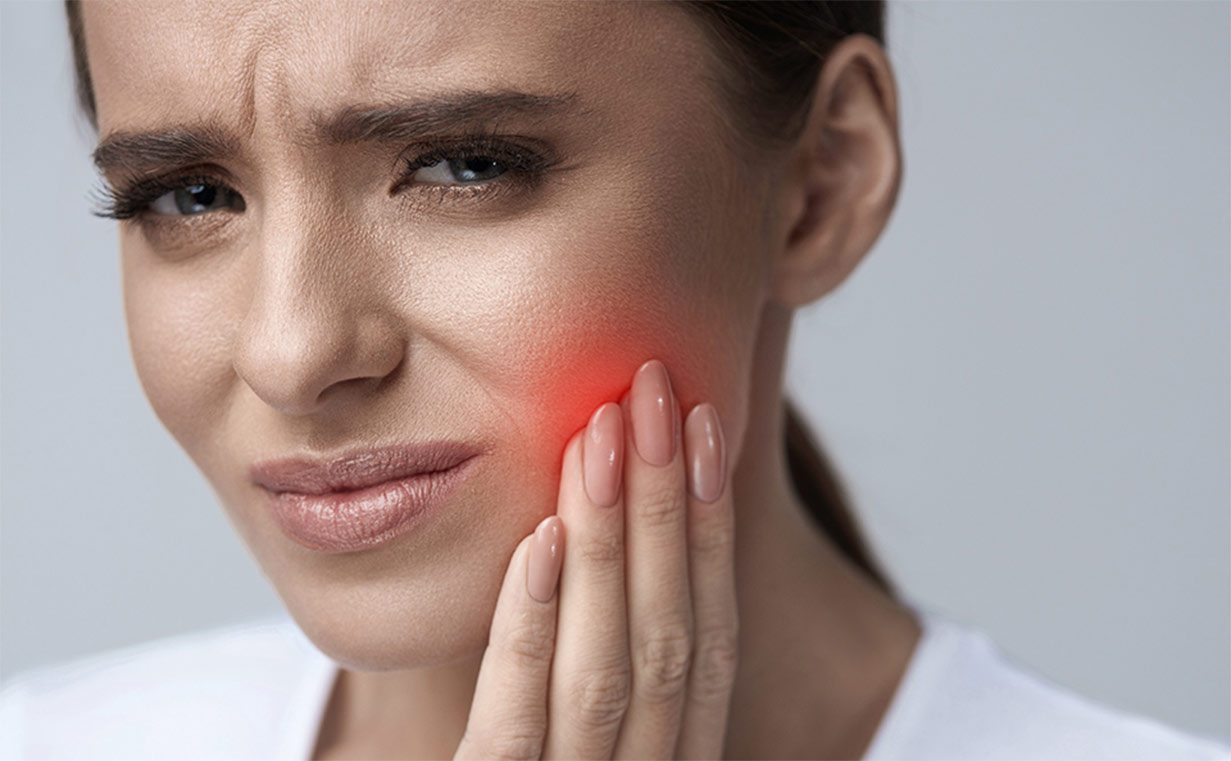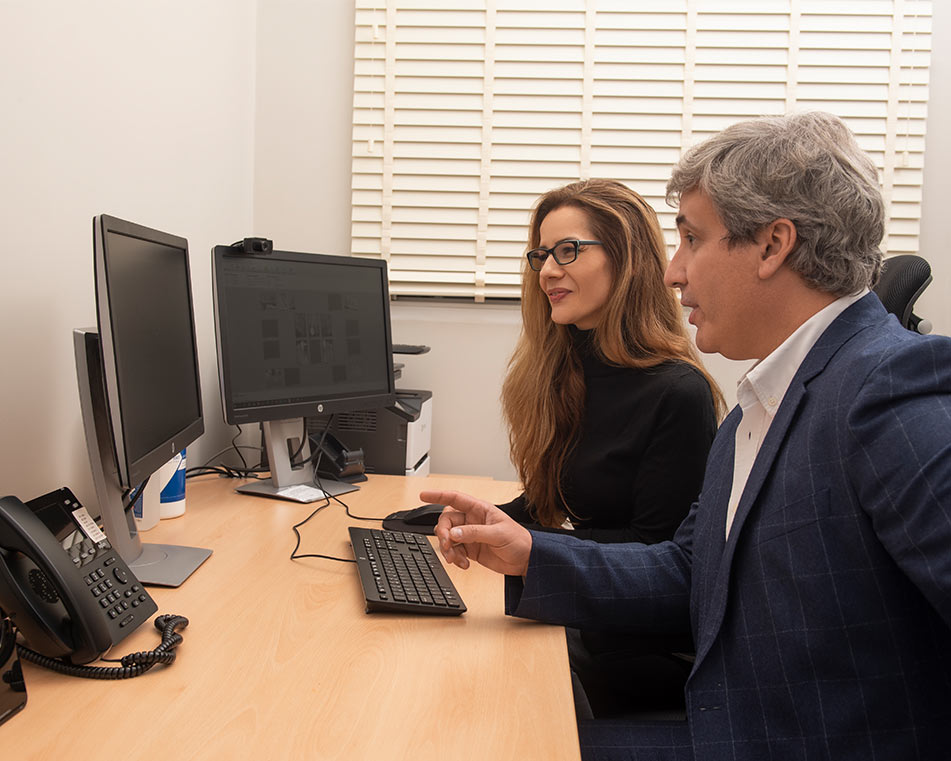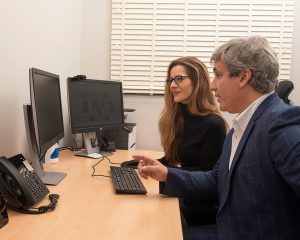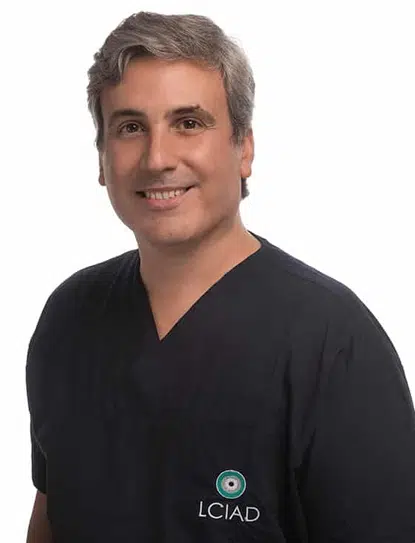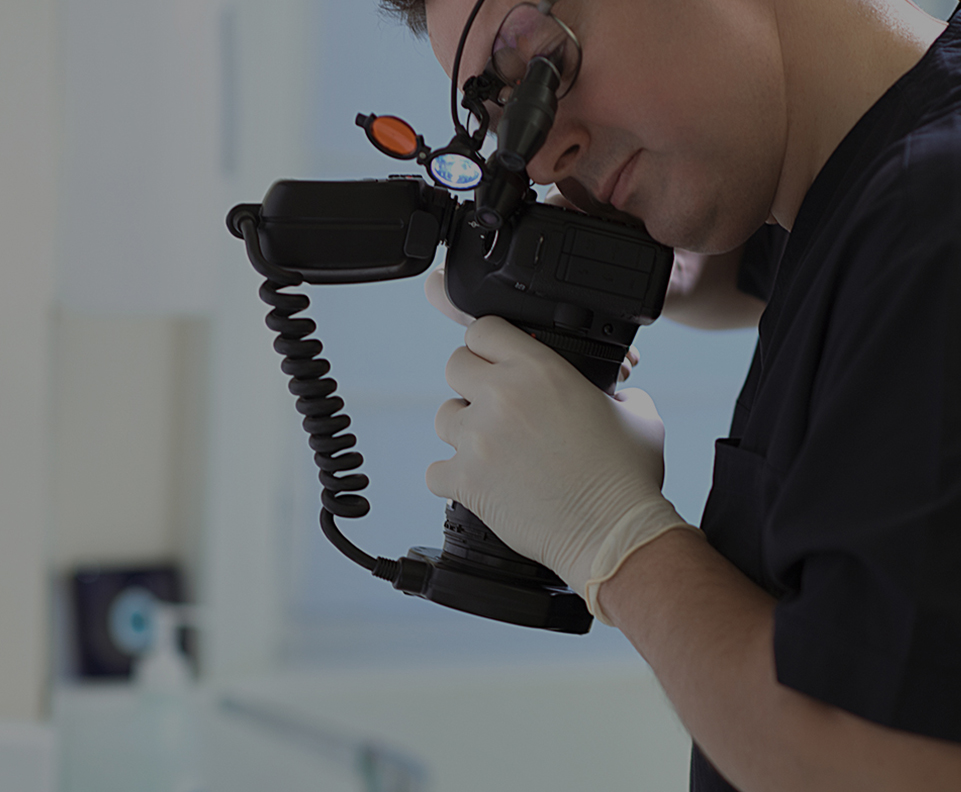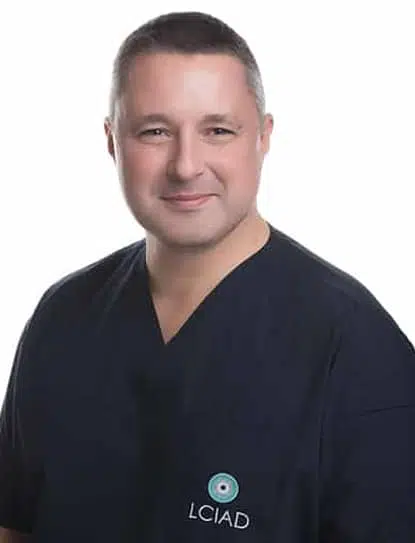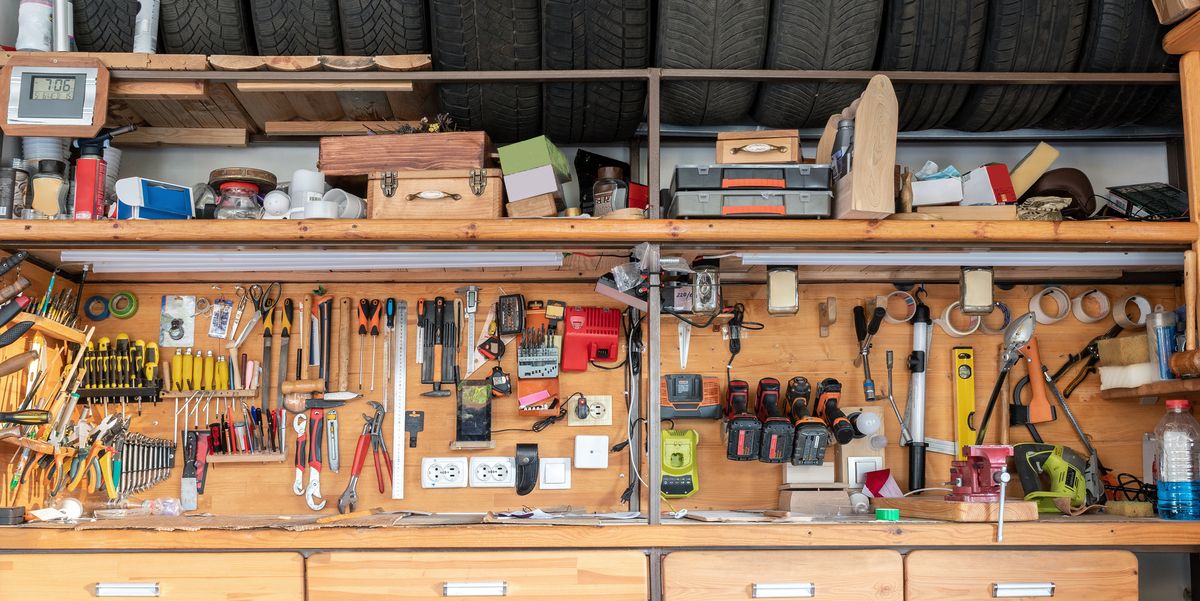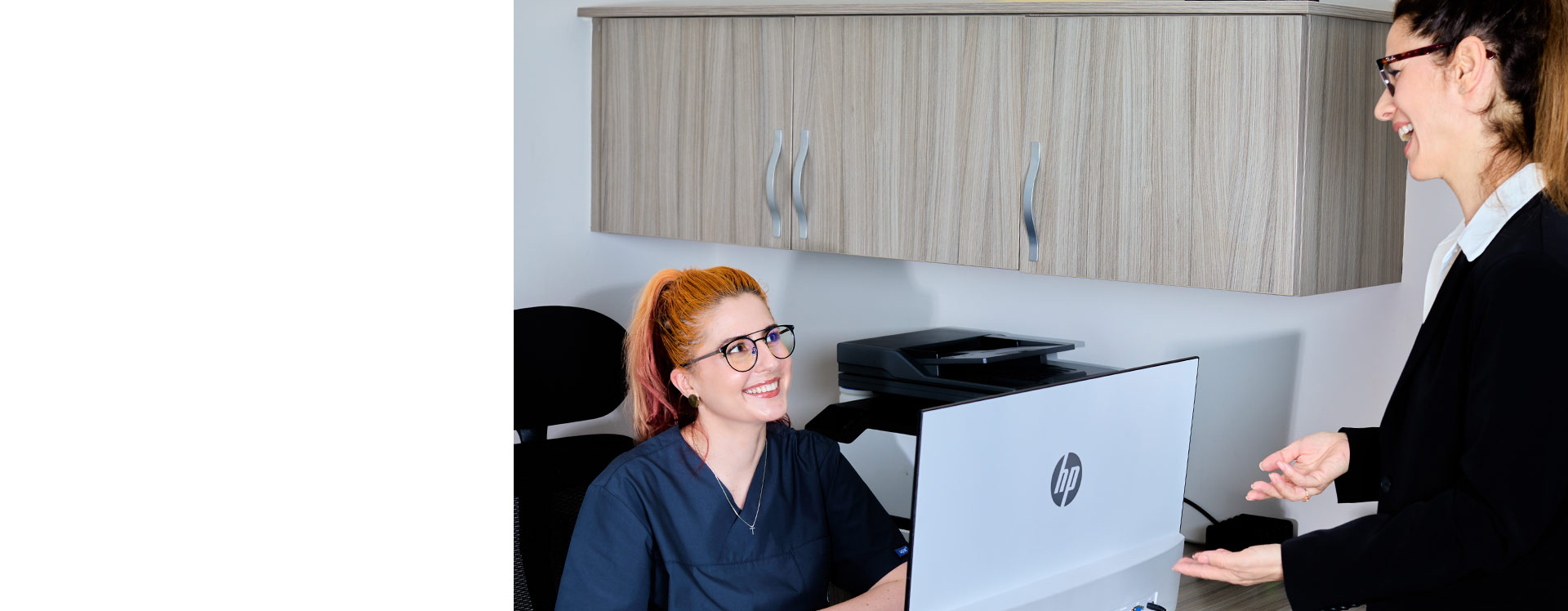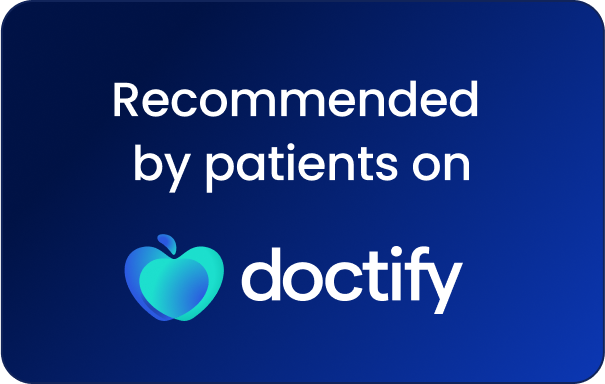A colleague from dental school days, Dr Jane Lelean, who is now a respected practice coach assisting dental surgeon colleagues to improve the quality of service in their practices, recently posted this familiar parable to a dental Facebook site:
“PAY FOR EXPERTISE WHEN YOU NEED A JOB DONE
CLIENT – How much will it cost to do this job?
CONTRACTOR – £2,800
CLIENT – That’s too expensive for this job!
CONTRACTOR – How much you think it should cost?
CLIENT – £800 max! It’s a simple job!
CONTRACTOR – I can’t do the job for so little.
CLIENT – People in your line of work want to make a huge profit!
CONTRACTOR – I’m sorry you feel this way. Why don’t you do the job?
CLIENT – But, I don’t know how to do any of that.
CONTRACTOR – For £900, I can teach you everything you need to know to do the job. You can then use £800 to do the job, and you’re still saving £1,100. Also, you will obtain all the knowledge and the experience for the next time you need to do this job.
CLIENT – Deal!
CONTRACTOR – Great! To start, you need to buy tools. You will need a chipping hammer, a nail gun, a laser, a drill, a mixer machine, PPE, and some other things.
CLIENT – But, I don’t have any of those tools and I can’t buy all that for just one job!
CONTRACTOR – Ok. I can rent you my tools for another £300. You’re still saving £800.
CLIENT – That’s cutting my savings, but I will rent your tools.
CONTRACTOR – Perfect! I’ll be back Saturday and we can start.
CLIENT – Wait! I can’t Saturday. I only have time today.
CONTRACTOR – I’m sorry, I only teach others on Saturdays. I have to prioritize my time and my tools need to be in other jobs I have during the week.
CLIENT – Ok then. I will sacrifice my family’s plans on Saturday.
CONTRACTOR – Right, me too! Oh, I forgot. If you’re going to do the job yourself, you need to buy the materials. There’s a high demand nowadays, so your best bet is to get a truck and be at the hardware store by 6am before other contractors get there.
CLIENT – At 6.00in the morning?! On Saturday? That’s too early for me. I don’t even have a truck!
CONTRACTOR – I guess you’ll have to rent one. By the way, do you have some helpers to help you load the truck?
CLIENT – You know what? I’ve been thinking. Probably is better for you to do the job. It’s better to pay you to do the job right and not having to go through all that hassle.
CONTRACTOR – Good thinking. Sign here and let me get to work.
This is the truth. People are not just paying for a job, they are paying for knowledge, experience, tools, time, family sacrifices, and other things you bring to the table. Don’t let anybody dictate your worth, be confident in what you ask your clients to pay.”
This post on a dental Facebook site has garnered at the time of writing over 200 likes from members of our profession because it strikes a chord. My comment was “now who wants to put this on their practice website?”
My colleague Dr Jane Lelean’s response was “Koray Feran, I dare you”
I accepted.
On the face of it, it is a simplistic view of how humans in general tend to want their own efforts to be highly valued (“Surely I am due a pay rise”) but are less ready to place a high value on the efforts of others (“How much??!!”).
Why is this?
The obvious answer is that individuals are fully cognizant of all of the time, effort and cost invested in doing the job that is their responsibility but are less cognizant of the time effort and cost invested by others since they only see the product and not the process, or the thought and knowledge and personal cost behind it.
We are regarded as an expensive practice compared to most.
Yet we are very busy. I routinely work a full four-day clinical week booking over a month ahead which starts at 7:30 in the morning and usually ends well past 8 o’clock in the evening plus at least an additional 30 hours of administrative time on Fridays (which is meant to be my admin day) but also Saturdays and Sundays which also turn out to be admin days due to the volume of work at the practice.
But what am I doing during this additional 30 hours? Am I getting paid for it? If you had to work most Fridays, Saturdays and Sundays, would you do it for free?
The fact of the matter is that for those four days of clinical dental care to go seamlessly, there is an enormous amount of work that goes on in the background to ensure that the best care is organised. As a profession, we are expected to deliver a high level of care. But what does this really mean?
For most patients, it means that we carry out their dental work in a safe environment, painlessly, as quickly as possible and to the highest possible standard that stands the test of time. But how about the advice we give? Would you be willing to pay £5,000 for advice that saves you £50,000? Or spend £50,000 now to save you £100,000 over the next 10 years? Most people would. But very often our thought, knowledge and advice is not valued. Half of the population still do not visit a dental surgeon. Those that do still not attend for hygiene visits as often as advised despite the fact that it has been repeatedly and unequivocally proven that regular hygiene care in the long run saves substantially more time and money and biological cost than not attending.
It is simply human nature not to attach importance to something unless it is an immediate problem.
We photograph and study every patient’s case. We prescribe appropriate imaging, so we have all the information about a patient’s case. We spend hours diagnosing the issues that patients are not even aware of and communicating our findings. We document everything, including during treatment.
Our advice is based on extensive knowledge that our patients do not have. Our advice and proposals are based on extensive experience that our patients do not have. After more than 30 years in practice, it is possible for me to look at a patient and be able to tell why they are in this situation and what situation they will be in 5, 10, 15 and 20 years down the line. We have well over a century of accumulated clinical experience at LCIAD. Our knowledge and experience allows us to guide each patient to do the best thing for their future dental and general health.
Yet we are occasionally faced with the response “that is too expensive” or “I can get the same thing abroad for 1/5 of the price.”
The same thing? Exactly the same thing? The same knowledge, thought, experience, care, commitment, accountability, skill, case documentation, time, teamwork, transparency, quality of materials and outcome, safety, communication and long-term support and guarantees?
Do these patients really think that they can obtain the “same thing” for 1/5 of the cost?
It is heart-breaking when patients have a little knowledge, and you know that their train of thought to save money will end up in their condition being far worse in the long term by having something inappropriate carried out elsewhere where the objective is immediate financial gain rather than long-term patient health and well-being. This trend is getting worryingly more frequent with younger patients having their mouths irreversibly mutilated by dental clinics abroad or even locally with the promise of a Hollywood smile.
Our view at LCIAD is that from the moment you make contact with the practice and attend for a consultation, we put our name to and are responsible for the dental care that you receive. Our professional efforts are our signature on the future and another brick in the wall of our reputation which has taken many years to build. We are recognised and respected for it.
We advise what we advise so that 5, 10, 15 and 20 years down the line you observe and understand the value of the advice and the quality of the clinical care that has been lavished on you. Our patients are genuinely grateful when after a lifetime of constant dental work, a course of treatment at LCIAD renders them healthy, stable and without the need for frequent dental work for many years after completion of treatment.
Our team spend hours in the background discussing your case to the finest detail, obtaining the correct information to be able to make correct diagnoses and decisions, right down to how each tooth is treated as conservatively as possible to restore and maintain it, ensuring that we do not over-prepare or overheat teeth that can cause long term pulp damage, maintaining teeth where possible rather than extracting them just to be able to place dental implants, properly isolating teeth during treartment and correctly using bonding agents so that when we bond our crowns and overlays, they do not come off or leak and cause sensitivity or new decay, ensuring that you are presentable and functioning for the duration of treatment by investing in durable provisional restorations, using guided surgery for dental implants, ensuring the use of quality laboratory work that fits well and looks natural and a myriad of other skills.
Quality always comes at a price. Always. The NHS dental service is collapsing due to underfunding because proper patient care cannot be delivered for peanuts. Dental health is very cheap. Don’t consume sugar or acidic drinks frequently, clean your teeth properly, don’t smoke and have regular check ups and hygienist visits to ensure your bite remains stable and any problems are prevented and treated early.
But when dental health is compromised, the work required to put it right is time-consuming and requires consummate skill.
The question should not be “how much does it cost?” but “what is the long-term value of investing in quality borne of experience and genuine care and what is the real cost of substandard work”.
“The quality is remembered long after the price is forgotten” is a saying attributed to Aldo Gucci. “The bitterness of poor quality is remembered long after the sweetness of low price has faded from memory” is attributed to Benjamin Franklin. We agree.
You only have one set of teeth. Let’s look after them properly. In the long run there is little that is personally costlier than cheap dentistry or neglect.


